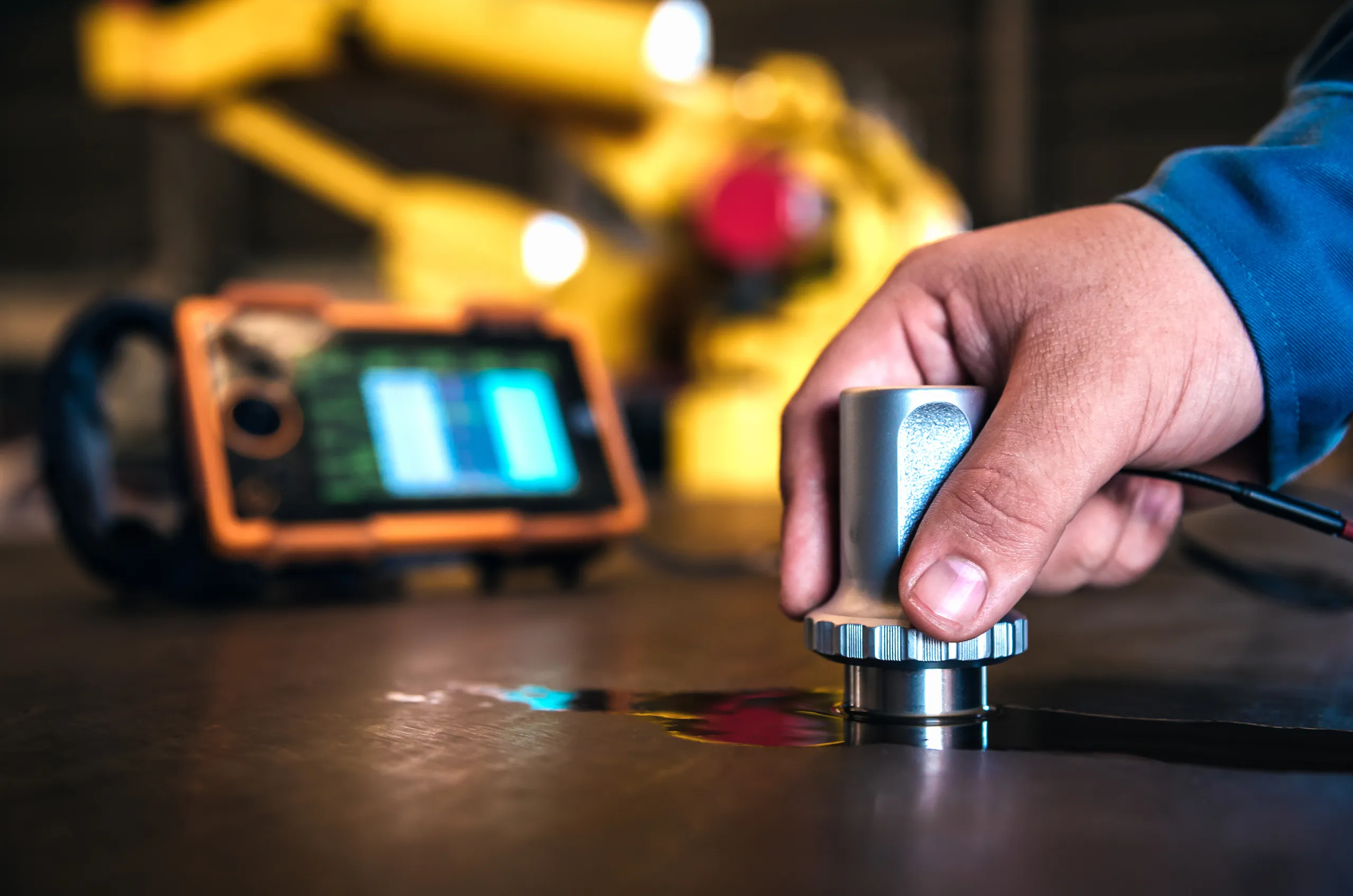ASME BPVC V Non Destructive Testing of Pressure Components in Vehicles
The ASME BPVC V standard is a cornerstone in the design and manufacture of pressure-containing equipment, particularly critical for automotive applications. This standard provides guidelines to ensure the integrity and safety of components subjected to internal or external pressure, such as fuel tanks, brake lines, and cooling systems.
Non-destructive testing (NDT) plays a pivotal role in assessing the quality and compliance with ASME BPVC V requirements without compromising the structural integrity of the component. NDT methods include ultrasonic testing (UT), radiographic examination (RT), magnetic particle inspection (MPI), and liquid penetrant inspection (PT). These techniques are chosen based on the material, geometry, and specific application to ensure accurate assessment.
For automotive components, ASME BPVC V stipulates stringent requirements for NDT. Ultrasonic testing is often used due to its ability to detect internal defects within materials like steel or aluminum alloys. Radiographic inspection provides visual images of the component's interior, which helps in identifying cracks and other flaws. Magnetic particle inspection is effective for detecting surface and subsurface flaws on ferromagnetic materials such as stainless steel.
The process begins with thorough preparation of the specimen to ensure accurate testing results. This includes cleaning the test area and ensuring that the material is free from contaminants, oils, or coatings that could interfere with the NDT method. Once prepared, the component undergoes specific tests in accordance with ASME BPVC V guidelines.
ASME BPVC V requires detailed documentation of testing procedures, parameters, and results. This includes recording the type of NDT used, the relevant standards followed, the acceptance criteria for pass/fail determinations, and any anomalies observed during the inspection. Compliance officers and quality managers rely on these records to ensure that all components meet the stringent safety requirements set by ASME BPVC V.
The importance of ASME BPVC V compliance cannot be overstated in the automotive sector. The standard ensures that pressure-containing components are safe, reliable, and capable of withstanding the stresses they will encounter during vehicle operation. Non-destructive testing is a critical step in this process, providing assurance to manufacturers, regulatory bodies, and consumers alike.
Real-world applications of ASME BPVC V compliance include ensuring that fuel tanks can withstand environmental pressures without leakage or structural failure, brake lines are free from internal defects that could compromise braking performance, and cooling systems operate efficiently under varying conditions. The precision and reliability provided by NDT methods ensure that these components meet the highest safety standards.
Why It Matters
The significance of ASME BPVC V compliance in automotive testing cannot be understated. Non-destructive testing is a critical tool for ensuring the reliability and safety of pressure components used in vehicles. These components are exposed to various stresses, including mechanical forces, thermal cycling, and environmental factors, which can lead to potential failures if not properly inspected.
The ASME BPVC V standard provides comprehensive guidelines that cover all aspects of NDT, from the selection of appropriate methods to the documentation of results. Compliance with this standard is mandatory for manufacturers who want to ensure their products meet international safety standards and gain market acceptance. This ensures that automotive components are not only safe but also reliable under the most demanding conditions.
The reliability of ASME BPVC V-compliant testing extends beyond individual components; it contributes significantly to the overall safety and performance of vehicles. By ensuring that pressure-containing parts are free from defects, manufacturers can reduce the risk of accidents caused by component failures. This not only enhances consumer confidence but also supports the development of safer and more efficient automotive systems.
The standards provided by ASME BPVC V play a crucial role in fostering innovation in the automotive industry. By setting clear and stringent requirements for NDT, manufacturers are encouraged to explore new technologies and techniques that can improve testing accuracy and efficiency. This fosters a competitive environment where companies strive to meet or exceed these standards, driving advancements in quality control and safety.
Eurolab Advantages
- Comprehensive Expertise: Eurolab's team of experts has extensive experience in ASME BPVC V compliance, ensuring that all testing is conducted to the highest standards.
- Advanced Equipment: Utilizing state-of-the-art NDT equipment, we provide precise and reliable results for all automotive components.
- Comprehensive Documentation: Our services include detailed documentation of all testing procedures, parameters, and results, ensuring full compliance with ASME BPVC V.
- Regulatory Compliance: Eurolab is committed to maintaining strict adherence to international standards, providing peace of mind for our clients.
- Customized Solutions: We offer tailored testing solutions that meet the specific needs of each client and project.
Competitive Advantage and Market Impact
The demand for automotive components that comply with ASME BPVC V standards is growing, driven by increasing safety regulations and consumer expectations. Eurolab's expertise in NDT ensures a competitive edge for our clients by providing reliable testing services that meet or exceed the required standards.
- Enhanced Reputation: Compliance with ASME BPVC V enhances the reputation of manufacturers, making them more attractive to potential customers and partners.
- Satisfied Regulatory Bodies: By adhering strictly to international standards, Eurolab ensures that clients are in full compliance with regulatory requirements.
- Increased Market Share: Compliance with ASME BPVC V can lead to increased market share by ensuring that products meet the highest safety and quality standards.
The ASME BPVC V standard is widely recognized in the industry, making compliance a key differentiator. By providing reliable NDT services, Eurolab helps clients maintain their competitive advantage and ensure long-term success in the market.





